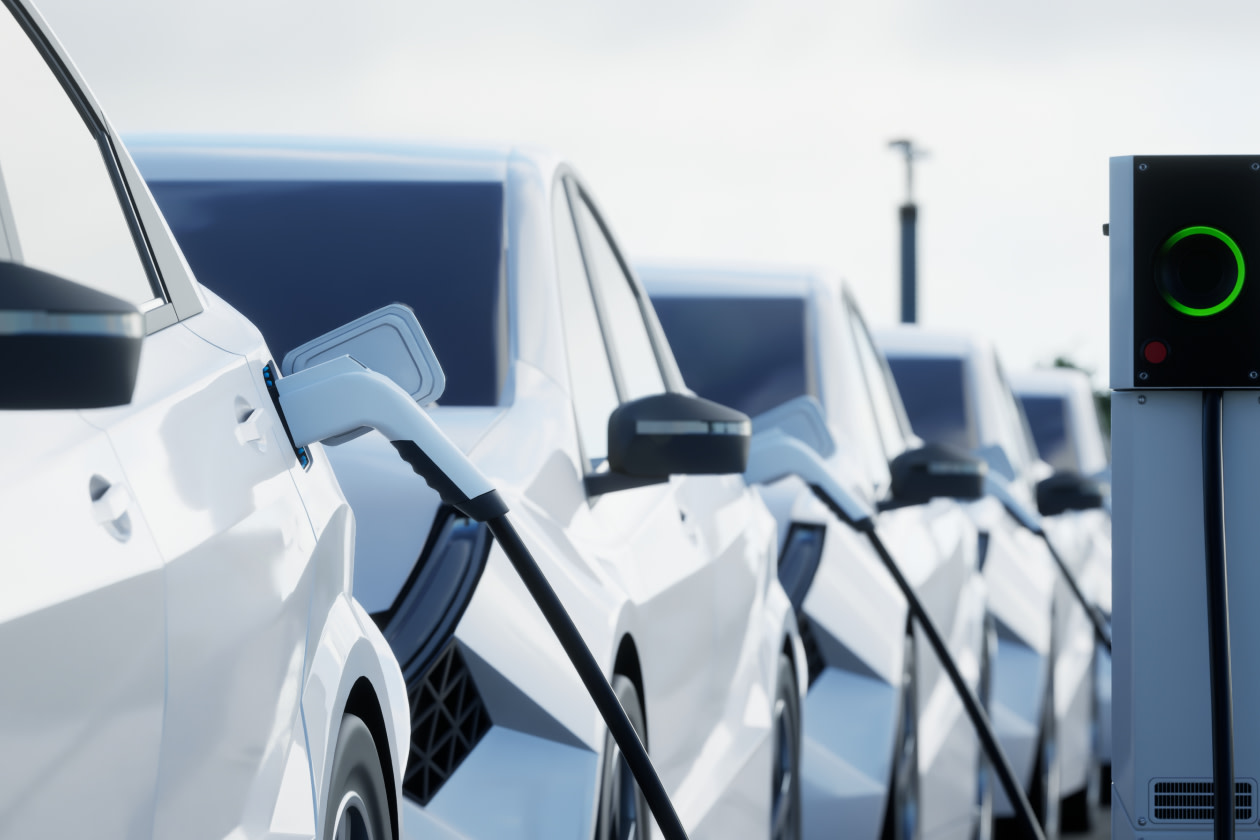Tesla’s chair has said the carmaker needs to climb “Mount Everest” as it faces shareholder votes on relocating to Texas and Elon Musk’s $56bn pay deal.
Robyn Denholm, an Australian accountant who has chaired Tesla since 2018, is battling to win over shareholders ahead of an annual meeting on June 13 that amounts to a referendum on the mercurial leadership of the world’s third-richest person.
Tesla’s board is trying to prove that investors support a controversial pay deal that a Delaware court struck down in January. In the aftermath of the ruling, Musk vowed to leave the state and move Tesla’s incorporation to Texas.
“We’re very early days of the campaign and we will be meeting with [shareholders] all the way through to the day of the vote,” Denholm told the Financial Times at the end of a two-week investor roadshow in the US. “The vote’s pretty important for us as a company, but I also think it’s important for corporate America as well.”
The pay deal struck down in Delaware would have boosted Musk’s ownership from just under 13 per cent to more than 20 per cent. He has threatened to develop future artificial intelligence products outside Tesla if he does not increase his stake.
Tesla’s spat with Delaware dates to February, when a judge voided a package of stock options awarded to Musk in 2018 that grew to be worth $56bn — the most in US corporate history — after the company hit ambitious growth targets.
In response to the Delaware decision, the board introduced proposals to move Tesla’s state of incorporation to Texas and to reaffirm Musk’s pay. The pay vote will not directly supersede the court’s decision but the carmaker hopes it will prove decisive in any future legal battle.
In a social media campaign, Denholm has told shareholders she is defending their rights against a “Delaware Court [that] second-guessed your decision” in “a matter of fundamental fairness and respect to our CEO”. Ensuring Musk is paid in full was essential to keep him motivated and reward him for generating returns of more than 1,000 per cent in five years, she said.
On the new pay vote, a simple majority must be in favour, excluding those owned by Musk and his brother Kimbal. However, the path to reincorporate in Texas is steeper, requiring a majority of all shares outstanding; those not cast are counted as a “no”.
“It’s like Mount Everest. It’s a huge hill to climb because getting 50 per cent of the shareholders to vote, let alone what they vote for, is quite tough,” Denholm said.
Roughly a third of Tesla’s shares are held by retail investors. Denholm must also convince institutional shareholders that rejected the pay package in 2018 — including Vanguard, its largest outside owner — to change their minds now that the pay award is a reality rather than a hypothetical scenario for Musk.
“Every shareholder that I’ve ever talked to says that [the remuneration plan] worked,” said Denholm. “They actually appreciate the fact that it drove a lot of shareholder value.”
She added that the plan was originally seen as “impossible, ludicrous, overly ambitious”, with targets including a market capitalisation of $650bn at a time when Tesla was valued at only $59bn. Musk would get nothing if the valuation did not reach the $100bn mark but took the carmaker to a peak of more than $1tn.
Denholm said “knowing Elon, they needed to be really ambitious goals” to motivate him to focus on growing Tesla. Musk runs several other companies including SpaceX, Neuralink and the Boring Company, and in 2022 he bought Twitter, later renaming it X, for $44bn.
This article was written by Tabby Kinder and Stephen Morris from The Financial Times and was legally licensed through the DiveMarketplace by Industry Dive. Please direct all licensing questions to legal@industrydive.com.

